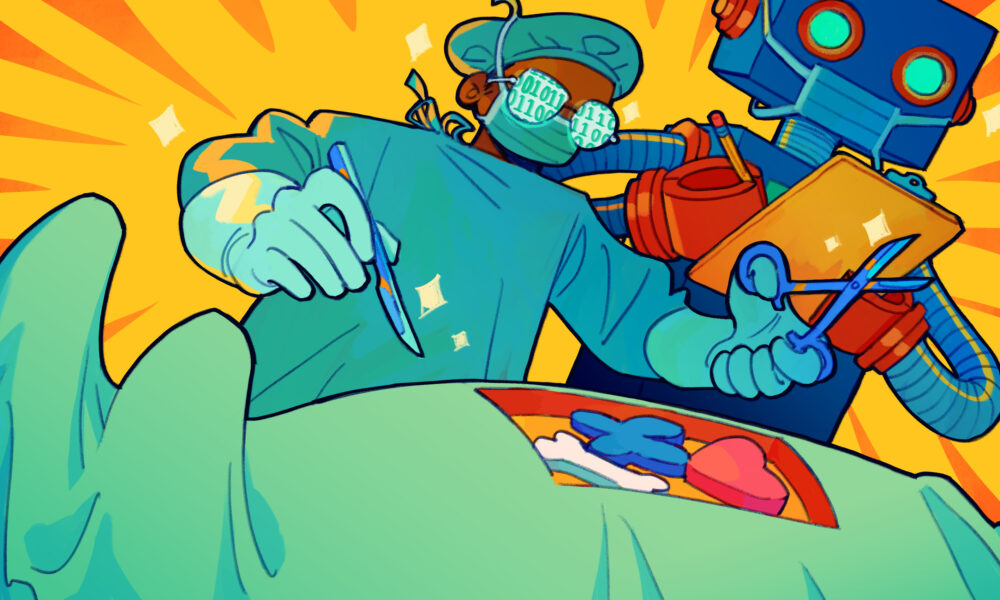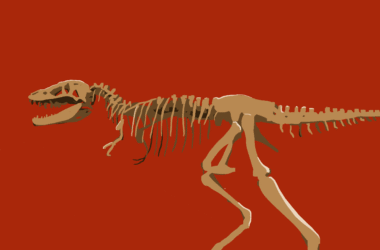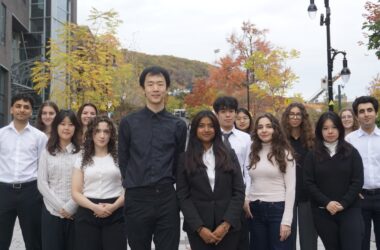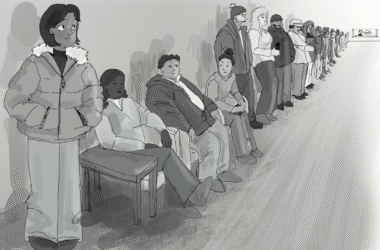How do we quantify the skill of a surgeon? Dr. Rolando Del Maestro, McGill’s William Feindel professor emeritus in neuro-oncology and director of the Neurosurgical Simulation Research Centre at The Neuro, has been asking himself this question for much of his career.
After nearly two decades of research into surgical instruction, Maestro found a way to quantify a surgeon’s competence. With funding and support from the Franco di Giovanni Foundation, Del Maestro’s team has developed a brain surgery simulator powered by artificial intelligence (AI) that allows surgical students to practice removing tumours without any risk to real patients.
The simulator’s Virtual Operative Assistant (VOA) offers real-time feedback to students, relieving the need for an expert to be present. In a recent study conducted by Del Maestro and his team, students taught and guided by the simulator performed surgeries 2.6 times faster and 36 per cent more accurately than students taught and guided by experts over Zoom.
Training a surgeon is a lengthy process that has traditionally required constant supervision from experienced surgeons while students operate on real patients—and sometimes even intervention when the task becomes too technically challenging. Del Maestro’s surgical simulator is the first of its kind in brain surgery training, and is one of the most complex medical simulators ever built.
Marking a surgeon as “competent” is subjective, as standards vary across countries and institutions. For example, schools may lack the tools to measure critical performance markers, such as a surgeon’s hand pressure when manipulating tools, or quantity of blood loss in a patient. Del Maestro started recognizing these discrepancies when he visited medical schools in China, Saudi Arabia, and Kuwait to teach neurosurgery techniques.
According to Del Maestro, even more problematic than the non-standardized training was the lack of objectivity in expert assessments and a focus on “competency training.” Medical schools operating on strict schedules with limited resources aim to train students to be competent at surgeries, but do not require them to meet the same standards as their expert teachers, instead expecting these skills to develop on the job.
“I’ve always had a problem with that, because what is competence?” Del Maestro said in an interview with the Tribune. “Would you like the airplane pilot to be competent, or would you like the airplane pilot to be expert?”
Del Maestro’s simulator also solves the problem of how to measure student performance. It analyzes more than 6,000 metrics and distills that information into four key indicators so that students learn to perform surgeries first safely, then efficiently. The skills measured include hand pressure and acceleration on instruments, movement accuracy, and the ability to control blood loss. Using deep learning, a subtype of machine learning related to predictive analysis, users are classified into categories ranging from novice to expert on a scale of -1 to 1, with 0 being competent.
As for the future of this technology, Del Maestro explained that this type of simulator can be adapted to any procedure that requires the surgeon to use both hands. He predicts that over the next 20 years, AI will be increasingly integrated into the field of surgery. Indeed, he anticipates a rise in human-machine cooperation, where AI analyzes student performance and instructors use that information to better guide students.
“The effect will be to elevate the standards of surgical skill to something similar to the Olympics,” Del Maestro said, referencing the lengths coaches go to to improve their athlete’s performance. “I think patient safety will be substantially improved.”
For now, Del Maestro is focussed on the next step of this project. He wants to test the performance of the simulator against in-person teaching, which has been largely put on pause due to COVID-19 restrictions. In the long run, he hopes to make virtual reality and artificial intelligence a globally accessible tool for all kinds of medical training. The ultimate goal, says Maestro, is for new doctors to not just be competent, but be the best that they can possibly be.









